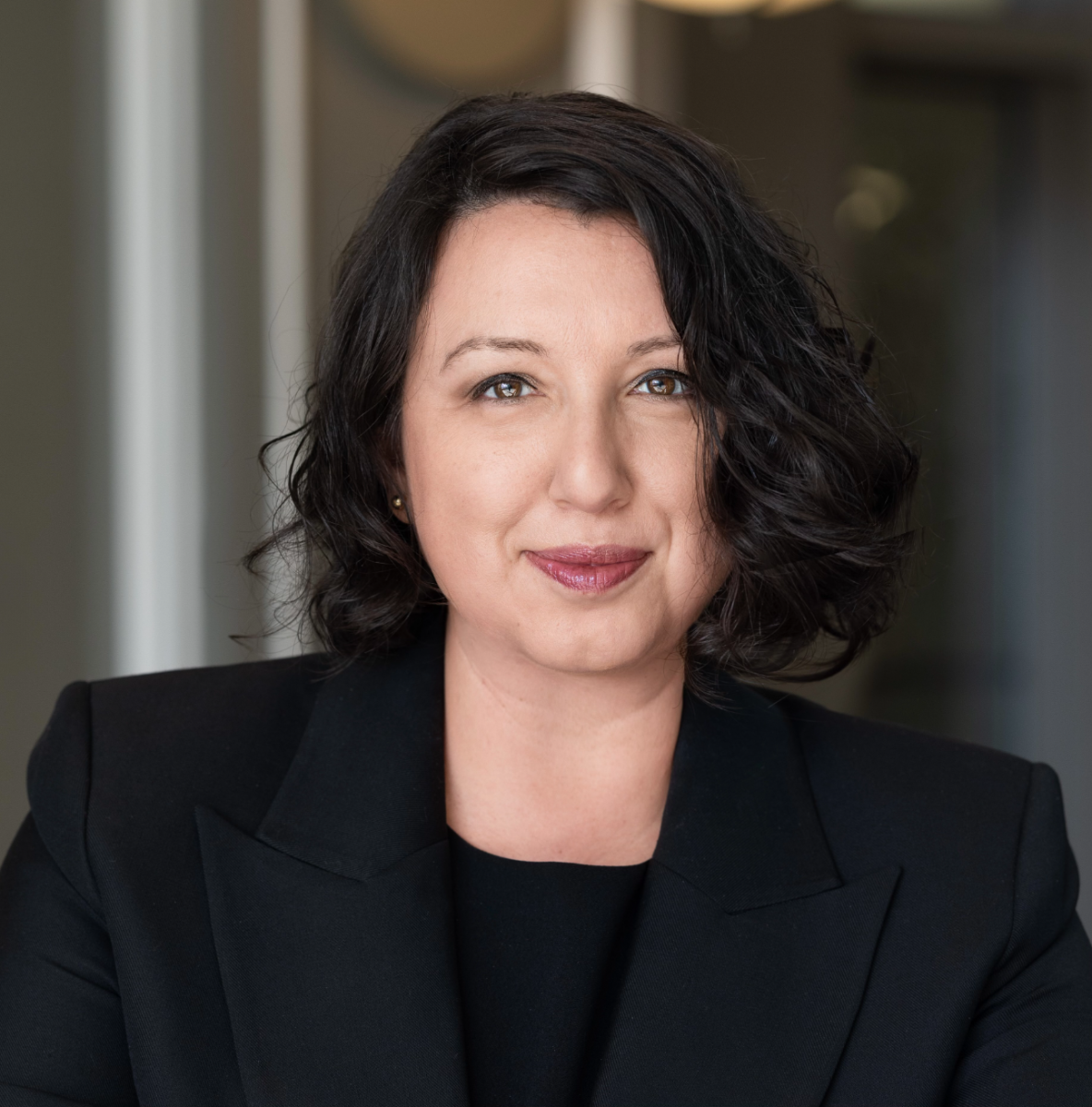As part of the Black History Month events and with the spirit of Valentine’s Day that just passed, Baruch College’s Office of Student Life hosted a discussion called “What’s Color Got to Do with It?: A Commemoration of Black Love,” on Feb. 11.
The discussion was led by speakers Anzala Alozie and Dr. Ali Al-Mansour, both of whom came back to Baruch after speaking in last year’s Black History Month events. Alozie is the executive director of Albany’s YMCA and Youth Development. Al-Mansour is a published author and an educator.
Alozie and Al-Mansour began the discussion by explaining what divine masculinity and divine femininity were. They explained that these are forces of energy we all have within us as a collective consciousness, like yin and yang. This sparked a conversation between the students as they determined which energy they possessed more of.
Students were then broken into two groups: divine masculinity and divine femininity, and placed with the energy they resonated most with. Both groups consisted of girls and guys in which they questioned one another about intimacy and how color plays a role in such relationships.
A recurring topic was the societal expectations and duties of a man and woman in a relationship.
While some of the girls were quick to point at men for not being loyal, the guys expressed, “We do not feel respected as black men from our own women.”
“I feel like, how we’re referencing to black love, there’s a dysfunction there between black people. We don’t talk to each other like we like each other and I feel there should be more love there,” said junior Cameron Bryan.
Alozie responded by saying, “This is a critical part of our conversation. Understanding our history, understanding social context, and it’s true — we all nodded our heads, black men don’t feel respected and many black women feel like, ‘Why the hell do I need to respect them?’”
One student explained her reality with her father was everything she does not want in a man and because of that it is harder to trust other black men that come into her life. “They can say whatever to convince you but that’s the thing, black men don’t realize the power they have over black women,” said junior Fatou Dukuray.
The conversation then segued into how both black men and women have to work together to resolve this issue.
“Black love means everything for me. As a black man in America, it is my responsibility to do what I can to promote black love and associate it with positivity for myself and my people,” said freshman Christopher Molines.
Alozie emphasized that to her black love “is self-love connected to source and shared with another to create positive impact.”
Al-Mansour advised students to keep having such conversations with peers and to “be knowledgeable, be informed and be Baruch! Black love is inclusive of all colors in love.”








